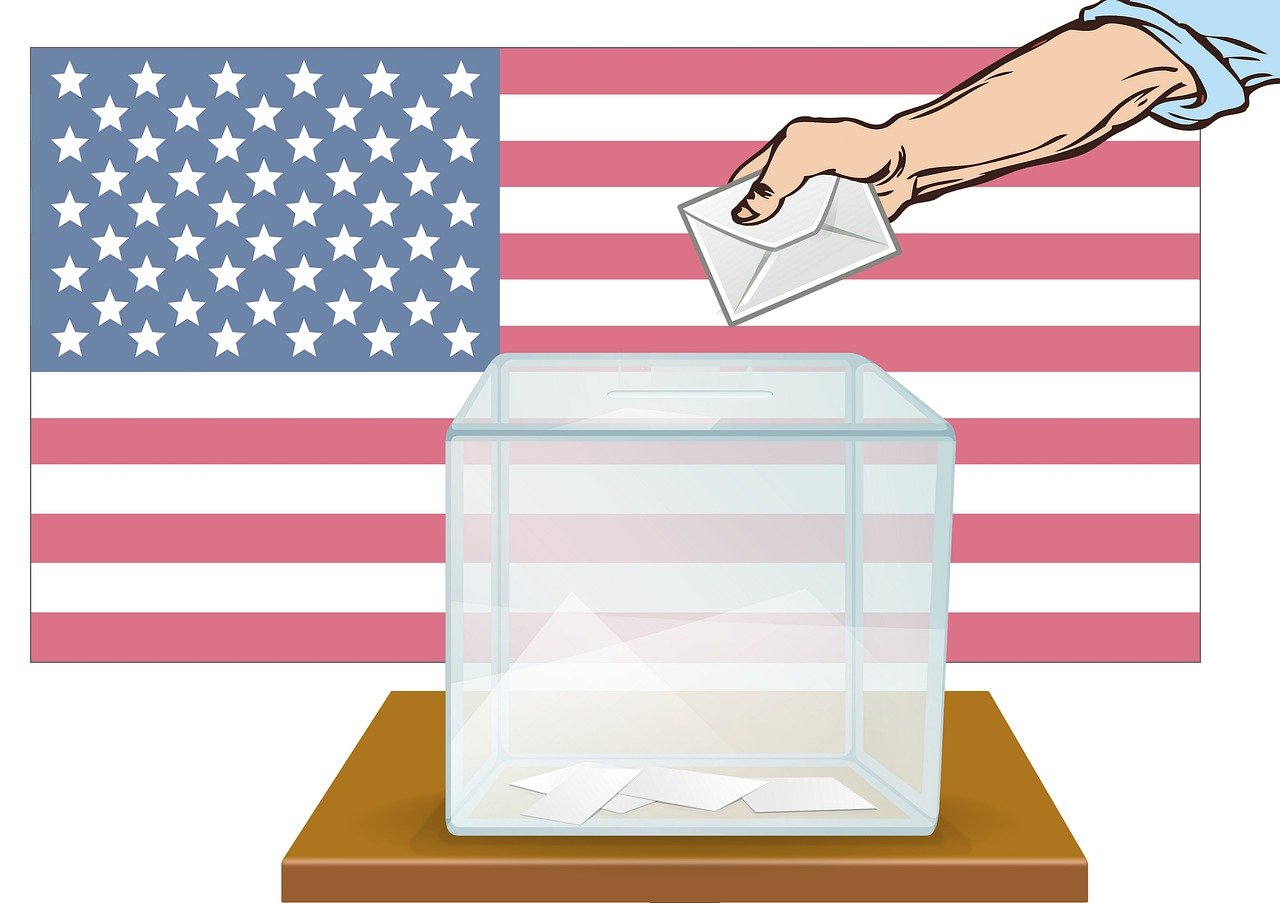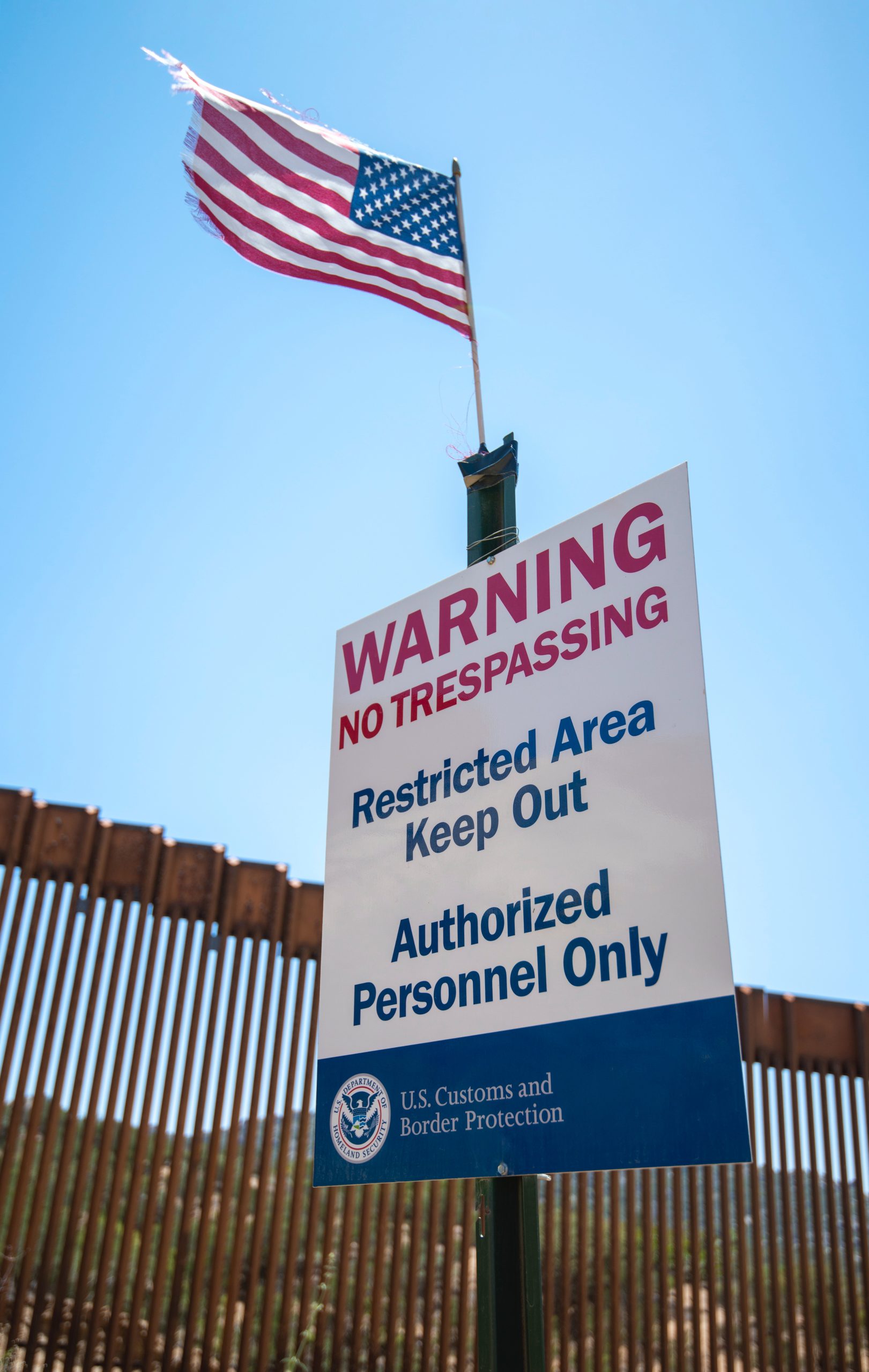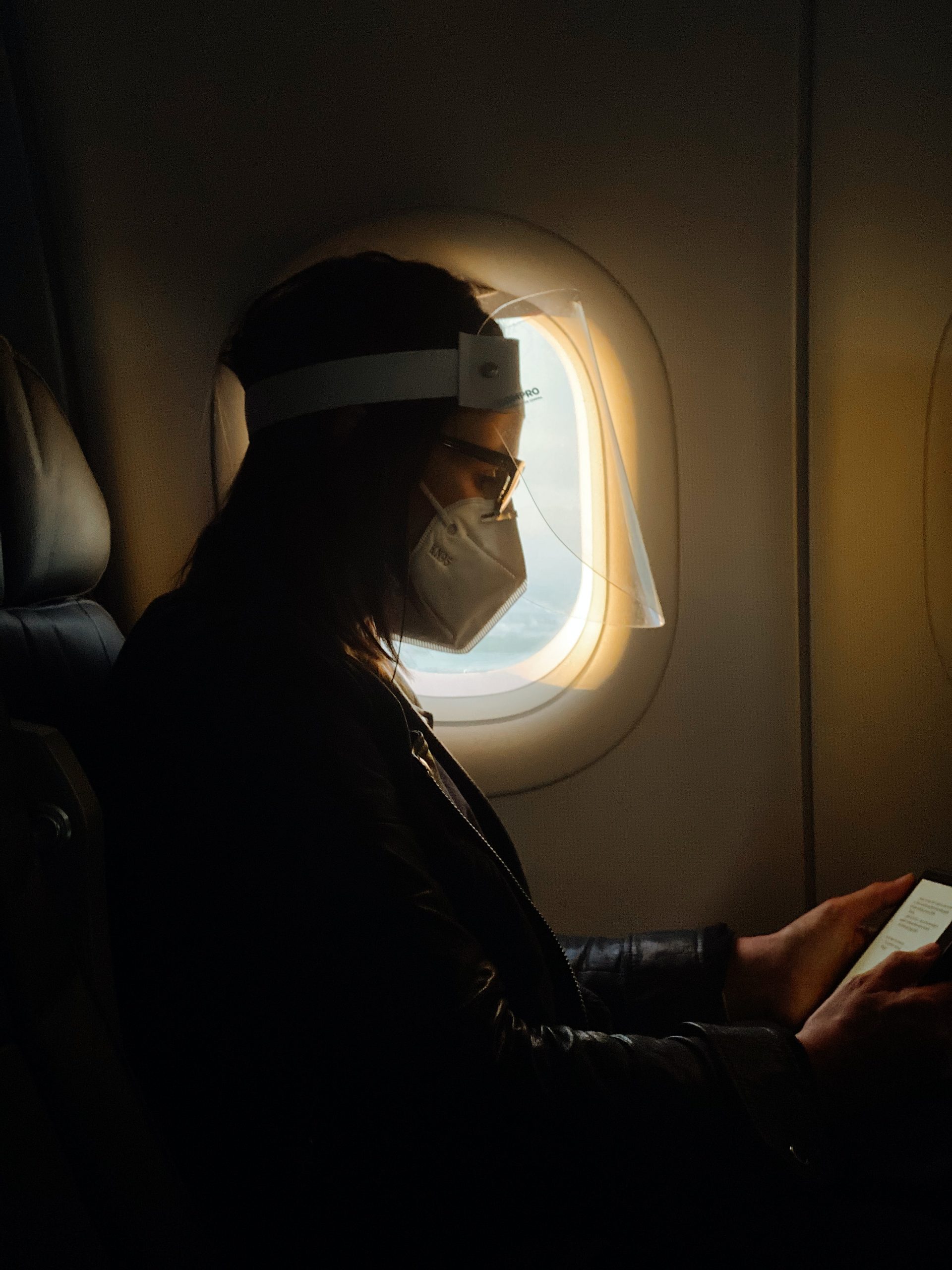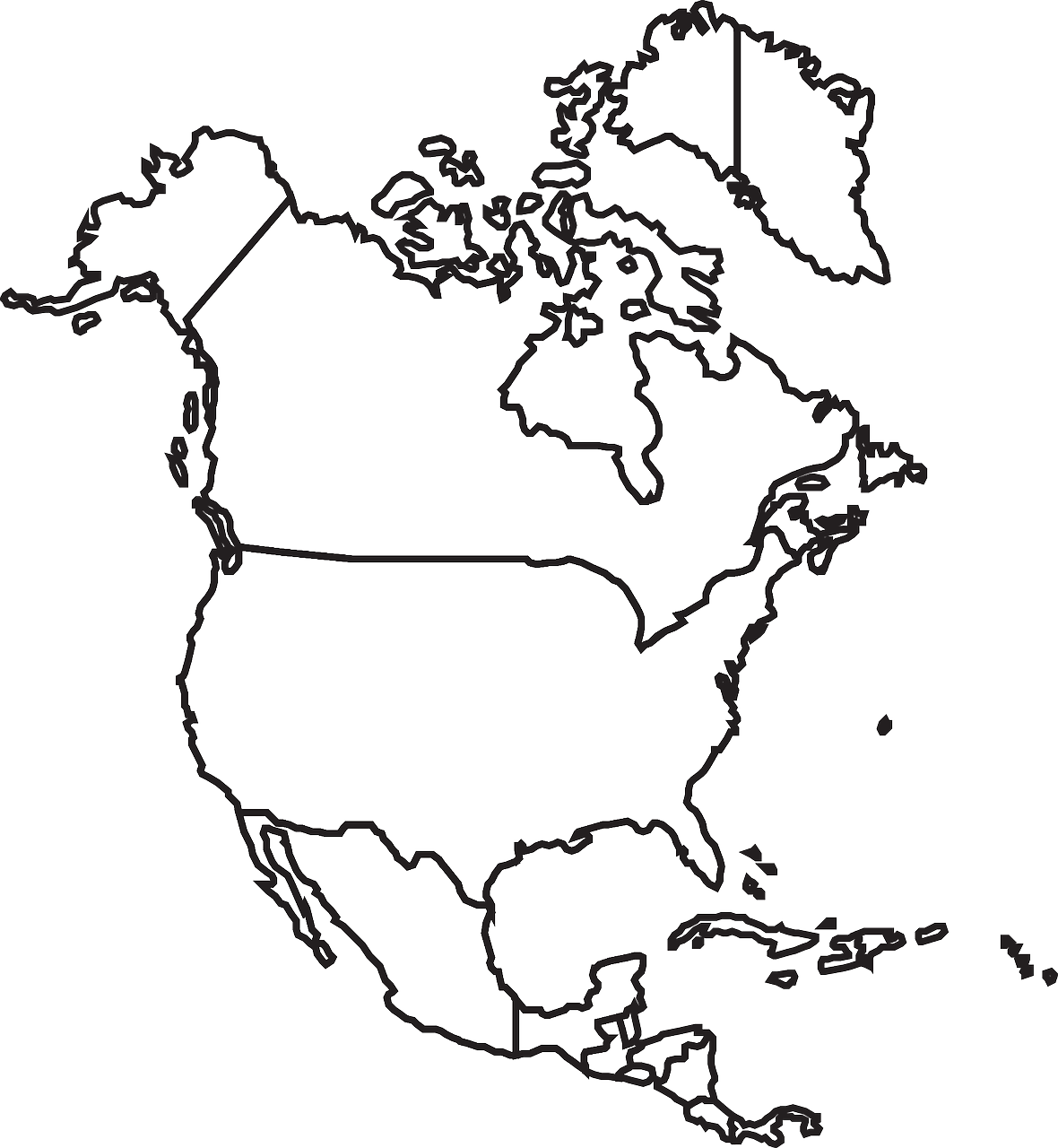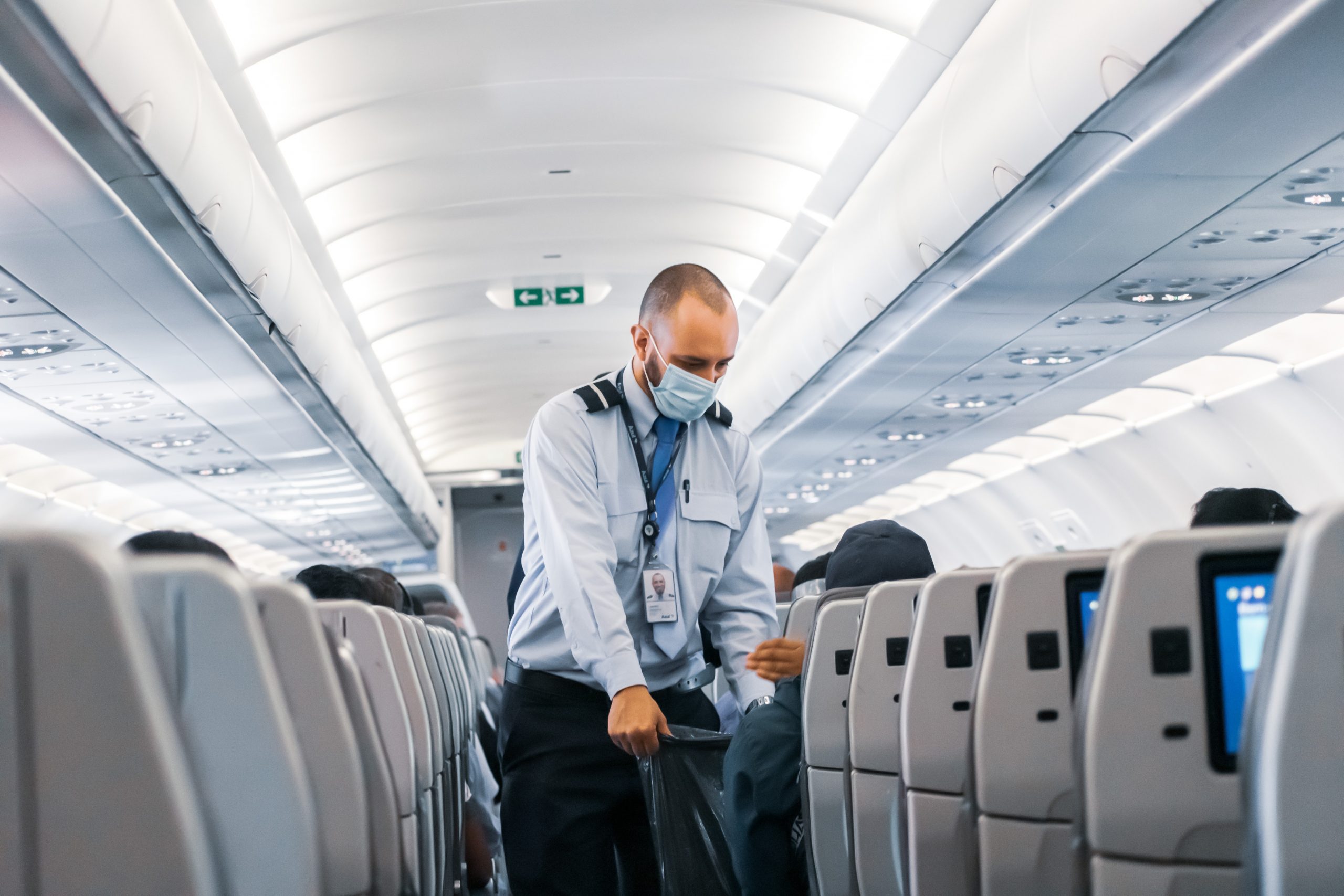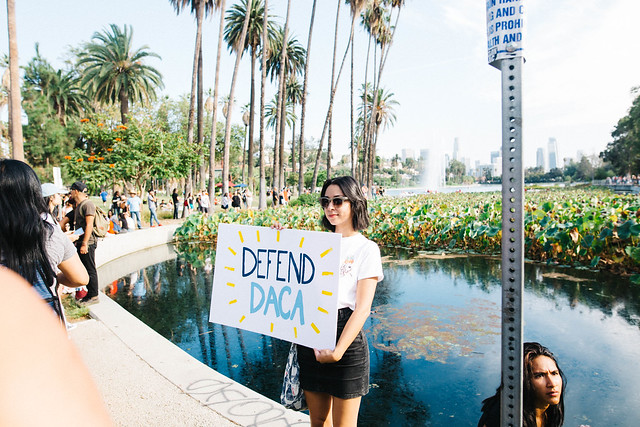 News reports from the Associated Press and other media outlets indicate that the Biden administration is on the verge of signing an executive order that could halt asylum requests at the U.S. Mexico border, and introduce new admissions quotas by invoking the President’s authority under Section 212(f) of the Immigration and Nationality Act.
News reports from the Associated Press and other media outlets indicate that the Biden administration is on the verge of signing an executive order that could halt asylum requests at the U.S. Mexico border, and introduce new admissions quotas by invoking the President’s authority under Section 212(f) of the Immigration and Nationality Act.
As the U.S. presidential election draws closer, the Biden administration has been looking for new ways to appease voters and get tougher on immigration.
President Biden aims to discourage migration by controlling the entrance of undocumented immigrants claiming asylum at the border.
The administration is considering capping the number of daily border crossings to 4,000 over a week, and is weighing whether this limit would include asylum-seekers arriving to the U.S. who have made appointments ahead of time on the U.S. Customs and Border Protection’s mobile app. There are currently 1,450 such appointments per day.
Speaking on condition of anonymity, government officials divulged that migrants who arrive after the border reaches a certain threshold may be subject to automatic removal in a process similar to deportation. Those removed would not be able to return to the United States easily.
Republicans have argued that the President has not done enough to stop the flow of illegal immigration to the U.S. which has led the administration to become much more conservative on immigration than ever before.
 Visa Lawyer Blog
Visa Lawyer Blog


